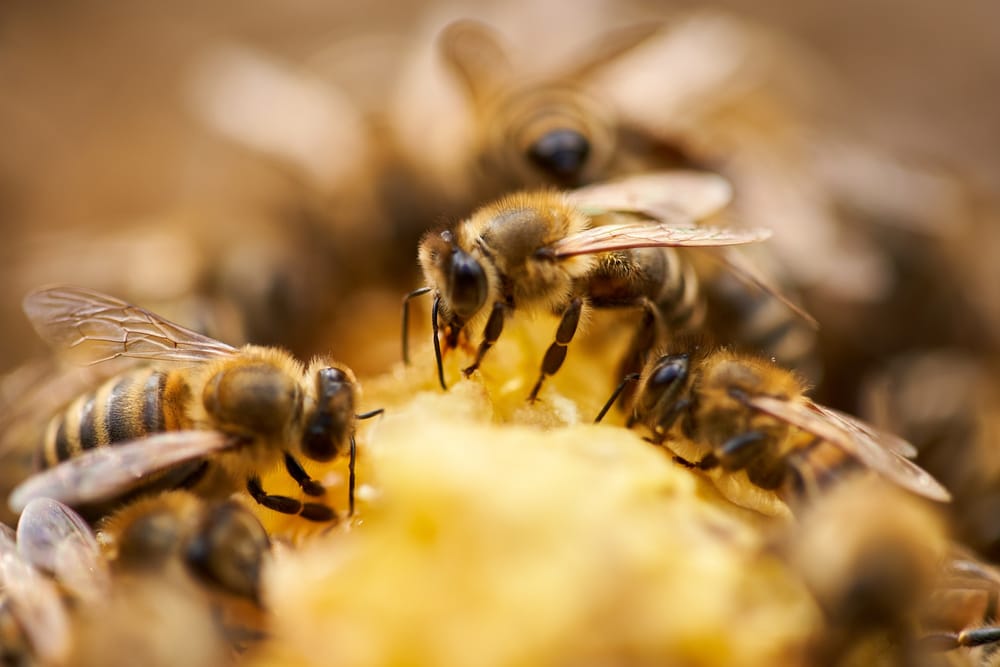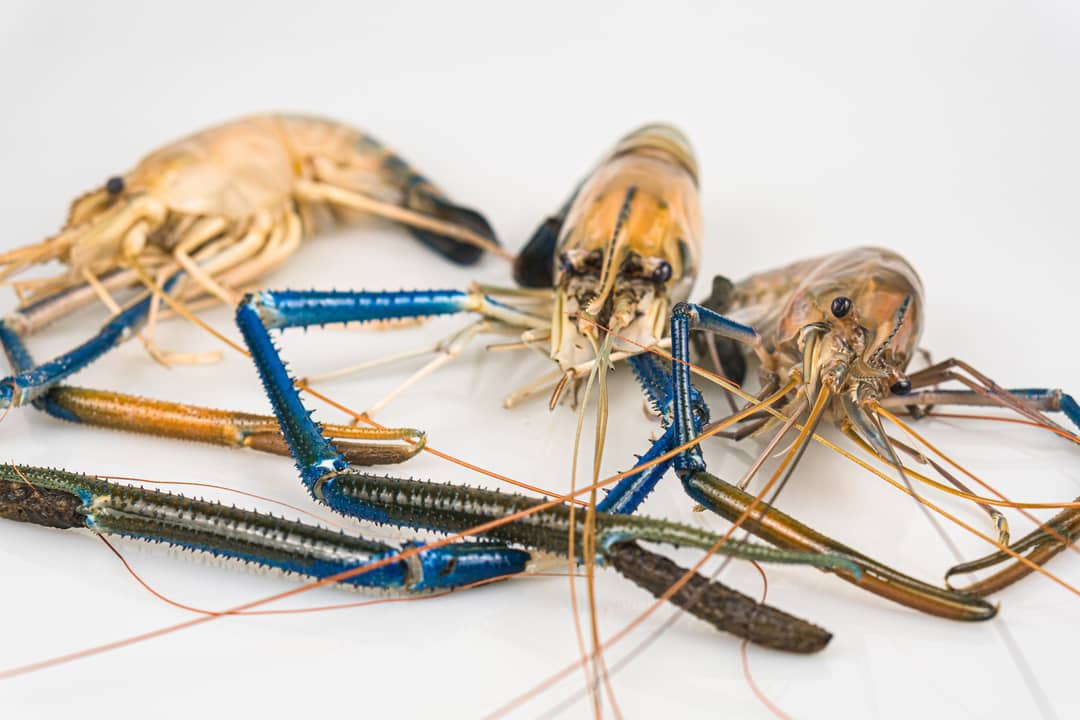Biography
Goh Bey Hing joined Monash University Malaysia as a lecturer in March 2013. His research interests include the apoptotic modulatory effects of natural products on human cancer cell lines. He is also engaged in the molecular studies of neuropharmacological activities of natural products. His research projects focus on the molecular pathways modulation by bioactive compounds, as it is essential to the development of new therapeutic strategies for different chronic diseases. His current research interests reside in exploring pharmacological potentials of medicinal plants and microbes.




